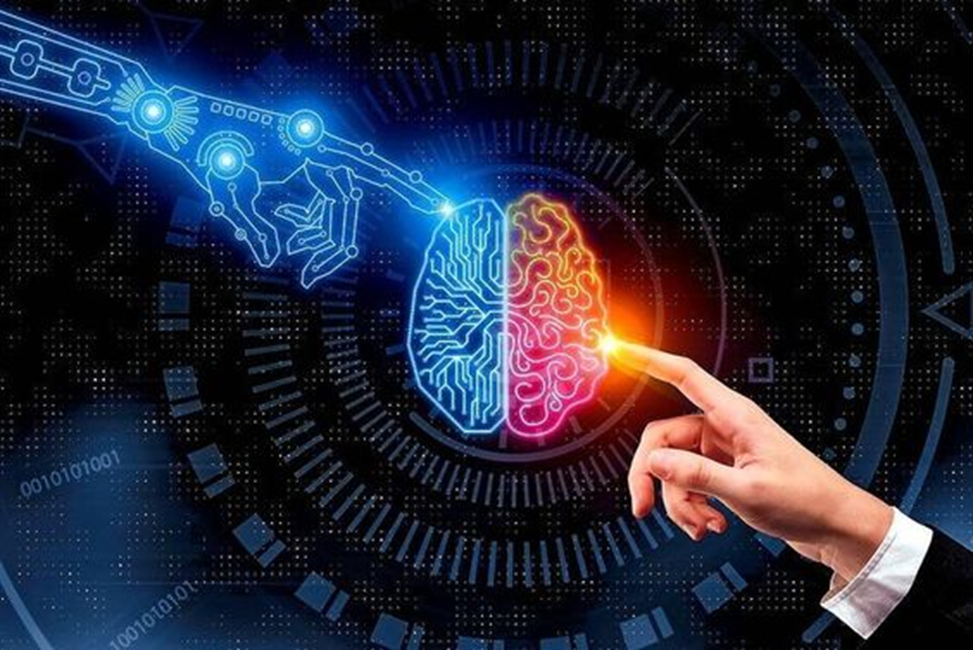AI Revolution: The Future Is Now
The AI revolution is indeed reshaping numerous aspects of our lives, and its impacts are increasingly felt across various industries. Here's a glimpse into how the future of AI is unfolding

AI technologies are automating routine tasks and processes across industries, boosting efficiency, and productivity. From manufacturing to customer service, businesses are deploying AI-powered systems to streamline operations and reduce costs.
AI enables hyper-personalized experiences by analyzing vast amounts of data to understand individual preferences and behaviors. From personalized recommendations on streaming platforms to tailored product recommendations in e-commerce, AI is revolutionizing how businesses engage with customers.
AI is transforming healthcare by improving diagnosis, treatment planning, and patient care. Machine learning algorithms analyze medical images, genomic data, and patient records to assist clinicians in making more accurate diagnoses and developing personalized treatment plans.
The development of autonomous vehicles represents a paradigm shift in transportation. AI-powered systems enable vehicles to perceive their surroundings, make decisions in real-time, and navigate safely without human intervention. This technology has the potential to revolutionize mobility and reduce accidents.
NLP technologies are advancing rapidly, enabling computers to understand and generate human language. Virtual assistants like Siri, Alexa, and Google Assistant leverage NLP to interpret voice commands and perform tasks, while chatbots provide instant customer support.
AI-driven predictive analytics models forecast future trends and behaviors based on historical data. From predicting consumer demand to identifying potential equipment failures in manufacturing, predictive analytics helps businesses anticipate outcomes and make informed decisions.
The widespread adoption of AI raises ethical and societal concerns regarding privacy, bias, and job displacement. Addressing these challenges requires collaboration between policymakers, technologists, and ethicists to ensure AI technologies are developed and deployed responsibly.
The future of AI is not about replacing humans but augmenting human capabilities. Collaborative robots (cobots) work alongside humans in manufacturing, while AI-powered tools enhance decision-making in fields like finance and law.
AI is revolutionizing education by personalizing learning experiences, automating administrative tasks, and providing adaptive feedback to students. AI-powered tutoring systems, virtual classrooms, and intelligent learning platforms are transforming how knowledge is delivered and acquired.
The AI revolution is characterized by continuous innovation and rapid advancement. Breakthroughs in areas such as deep learning, reinforcement learning, and quantum computing are driving the next wave of AI innovation, paving the way for new applications and capabilities.
The future of AI is dynamic and full of possibilities, with the potential to revolutionize industries, improve quality of life, and address some of society's most pressing challenges. Embracing AI responsibly and ethically will be crucial in harnessing its transformative power for the benefit of humanity.